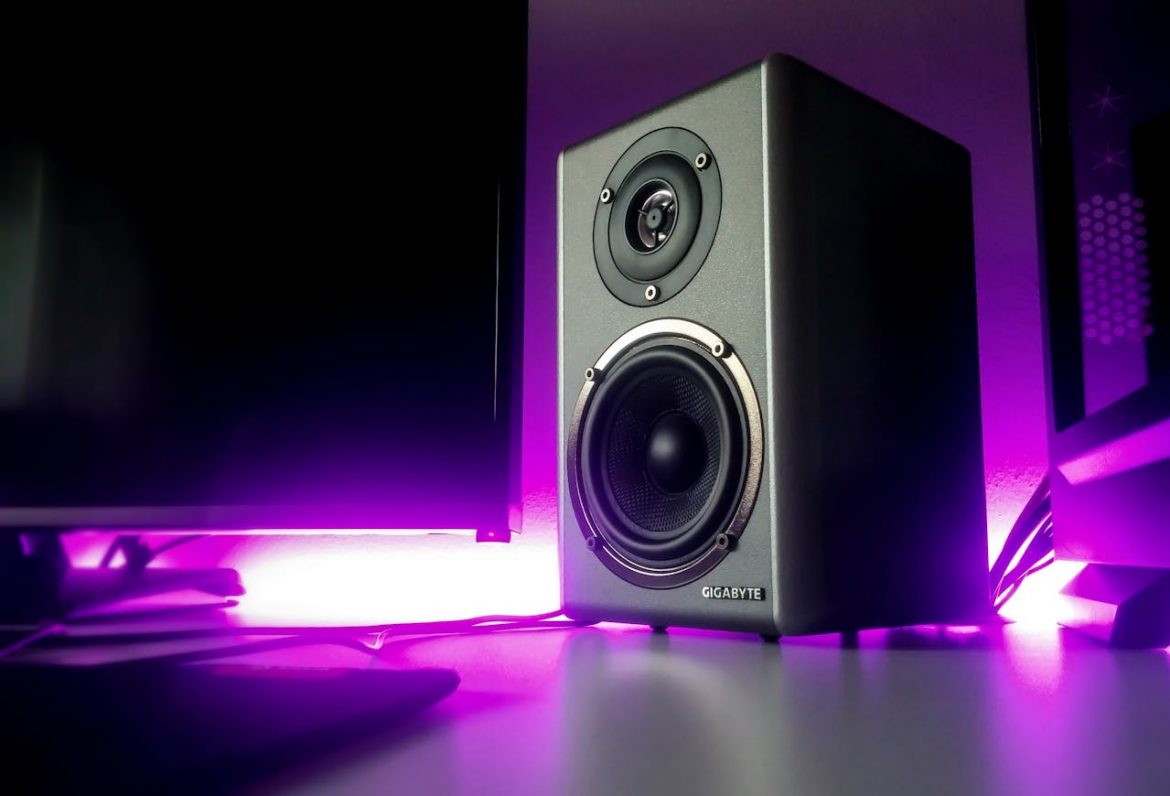Music, often referred to as the universal language, has the remarkable ability to evoke emotions, memories, and even facilitate healing. Music therapy, a specialized field, harnesses this power to support physical, emotional, cognitive, and social well-being. This article explores the essence of music therapy, its benefits, and how it is being used across various settings to promote healing and wellness.
Understanding Music Therapy
Music therapy is an evidence-based clinical use of musical interventions to improve clients’ quality of life. Music therapists, who are professionally trained, use music to address physical, emotional, cognitive, and social needs of individuals of all ages.
How Music Therapy Works
- Active Participation: Involves playing instruments, singing, or movement to music, facilitating expression and engagement.
- Passive Listening: Listening to music can relax, motivate, or evoke specific emotions and memories, aiding in therapy.
- Songwriting and Composition: Writing or composing music allows individuals to articulate feelings and experiences creatively.
- Improvisation: Creating music on the spot can be a form of self-expression and communication.
Benefits of Music Therapy
Emotional Healing
Music therapy can help individuals process emotions, cope with stress, and work through traumatic experiences. It can evoke emotional responses that lead to insights and emotional release.
Physical Rehabilitation
Music therapy can aid in physical rehabilitation, improving motor skills and coordination. Rhythmic elements of music can help in the rehabilitation of individuals recovering from strokes or physical injuries.
Cognitive Benefits
Music therapy can support cognitive function, including memory, attention, and problem-solving skills. For individuals with dementia, familiar music can recall memories and emotions, enhancing their quality of life.
Social Connection
Group music therapy sessions can promote social interaction, communication, and collaboration, helping individuals to build relationships and reduce feelings of isolation.
Music Therapy in Practice
Healthcare Settings
In hospitals, music therapy is used to alleviate pain, reduce anxiety pre- and post-surgery, and improve patients’ overall hospital experience.
Mental Health
Music therapy can be particularly effective in treating mental health issues like depression, anxiety, and PTSD, offering a non-verbal outlet for expressing feelings and emotions.
Special Education
Children with special needs, including autism and developmental disorders, can benefit from music therapy, which can enhance communication skills, social interaction, and cognitive development.
Elderly Care
For the elderly, especially those with Alzheimer’s or dementia, music therapy can improve mood, recall memories, and provide a sense of comfort and familiarity.
Implementing Music Therapy
Seeking a Qualified Music Therapist
For those interested in music therapy, it’s essential to seek a qualified music therapist who is certified by the appropriate regulatory bodies in their region.
Personalized Approach
Music therapy is highly individualized, based on the client’s preferences, needs, and therapeutic goals. The therapist will tailor the interventions to suit the individual’s unique situation.
Integrating with Other Therapies
Music therapy can be used in conjunction with other forms of therapy, enhancing its effectiveness and providing a holistic approach to wellness.
Overcoming Challenges
Accessibility
Access to music therapy can be limited by location, availability of qualified therapists, and costs. Advocacy and increased awareness can help improve accessibility.
Misconceptions
Misunderstandings about what music therapy involves and its effectiveness can hinder its acceptance. Education and awareness campaigns can help clarify its benefits and applications.
The Future of Music Therapy
With ongoing research and a growing recognition of its benefits, music therapy is poised for expansion. Technological advancements, such as virtual reality and AI, offer new avenues for music therapy applications, making it more accessible and personalized.
Conclusion
Music therapy offers a unique and powerful approach to healing and wellness, tapping into the profound effects of music on the human mind and body. Its ability to facilitate emotional expression, enhance physical rehabilitation, support cognitive function, and foster social connections makes it a valuable tool in a wide range of settings. As we continue to explore and understand the full potential of music therapy, it holds the promise of enriching the lives of individuals and communities, offering a harmonious path to healing and well-being.
